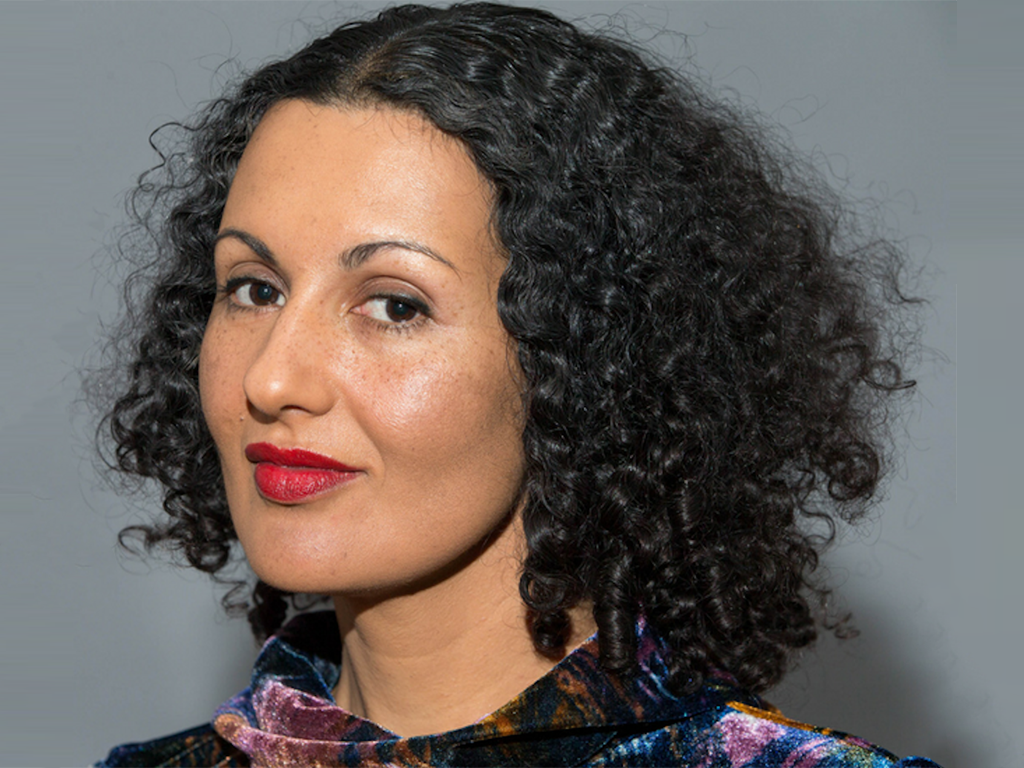I'll come right out and say it: I'm jealous of Miriam Bale's career trajectory. I didn't have a chance to really ask her about it and I'm sure it hasn't been all roses and sunshine, but it looks amazing on paper. She's written about film for major publications like The New York Times, Sight and Sound, and Film Comment. She's organized film programs (at Anthology Film Archives, BAMCinématek) and founded a festival (La Di Da in NYC). To put it bluntly, Miriam is killing it. She's also a nice person!
It takes me a while to vibe with someone, so 20-minute interviews are tough. Miriam was really chill, though, and happy to jump right in and start talking about Bergman, diversity in film programming, and her position at Indie Memphis. I hope everyone enjoys our conversation as much as I did.
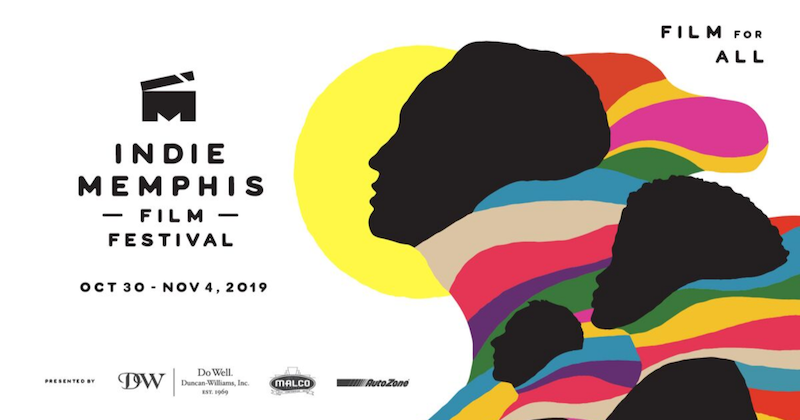
Interview with Miriam Bale
Woman in Revolt: Are you based in Memphis? How did you get involved with the film festival?
Miriam Bale: I'm based in LA and go back-and-forth to Memphis. I came to the festival a couple of years ago as part of the jury and really loved it. I was drawn to it because I had heard it was one of the only general (not specifically black) indie film festivals with black audiences. When I got there and found out that was the case, I fell in love with the programming and the people who ran it. When the person who was programming it at the time, Brandon Harris, stepped down, they thought I would be a good fit. I've been there for 2 years.
I've never actually been to the festival, but I've covered films from it in the past. The programming is always really interesting and diverse, and it seems like there are lots of good panels and talks. It's one I'd love to attend.
I wish we had more of a budget for press. Sadly, we can only bring in 1 person per year. This is something I'll tell you, but I'll get in trouble if I tell other people: a lot of festivals are white male as a default, and we're just trying to not be that. There were very few white, straight males last year, but a few more this year. It will be interesting to see what that balance is like. A lot of film festivals have panels on diversity, but we're kind of the opposite. We try to have mostly people of color and more women than men.
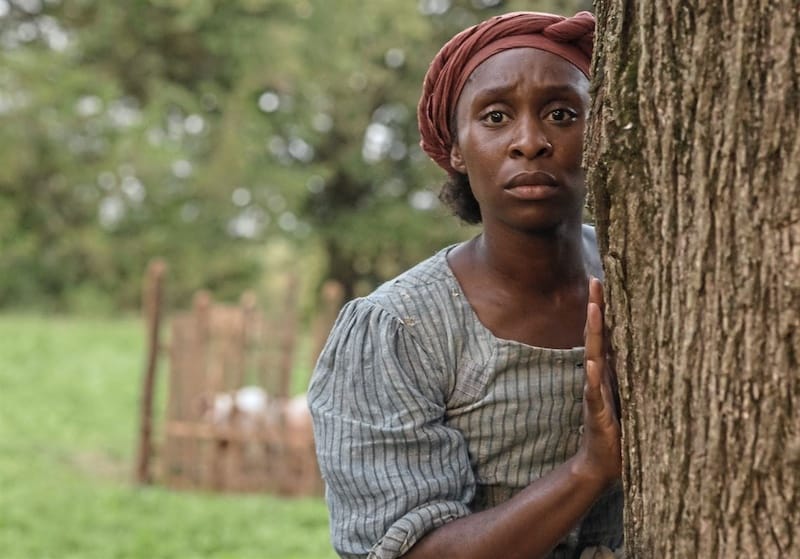
I'm constantly disappointed by the lack of diversity on the critic side, too. I went to a bunch of press screenings at Tribeca and more than once, I was one of the only women in a sea of bros. Of course, it's a lot different at festivals with a femme focus. As you've said, it would be so nice to attend a general festival with women, non-binary folks, and people of color in the majority.
Exactly! And it gives women or people of color a chance to talk about movies and not just diversity. I'm a black female programmer and I wish there were more people in my position. All of our programmers at Indie Memphis are women. We don't set quotas or goals and we're not against screening films by white men, but if the film is kind of sexist... it's probably not going to get in.
As it should be! I interviewed Melissa Haizlip last year on "Mr. Soul!" (2018). I loved that film and if not for Indie Memphis, I'm not sure it would have been on my radar.
We saw it and felt like the story was so interesting, such a crowd-pleaser. We were so happy to have it as our opening night film. It worked great in that big context.
It was great and should have been everywhere. It's a really accessible documentary about a fascinating person who is probably unknown to most. Shining a spotlight on those types of films is really important and I'm glad I was able to see it.
It works for us, too, because we have this focus on music since we're in Memphis. We have a category called "Sounds." It's interesting when you talk about that film not finding an audience. I feel like documentary film festivals are in this interesting place right now where they either tend to go very experimental and hybrid or very traditional. If your film is a mix between the two, it might get ignored. We strive to be a place where both can exist. Since we're outside of documentary film politics, we can do that more comfortably.
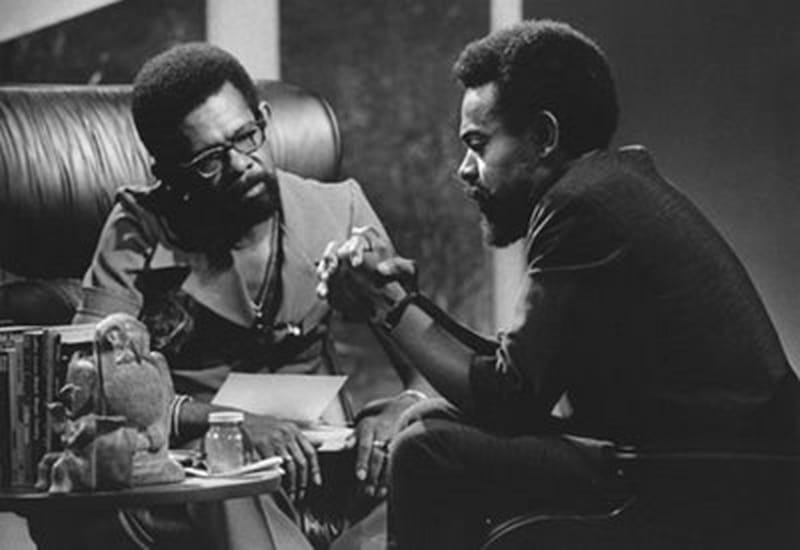
From going to film festivals, I definitely noticed that there were films that weren't quite experimental enough or mainstream enough, so they fell through the cracks. I'm always all about finding those films that are interesting but not getting accepted to those other festivals.
That's a great goal. We need somebody to find those films and highlight them. Otherwise, nobody sees them, and the filmmakers slip into obscurity. Then, years later, people find them and it's like, "Hey, why didn't anyone talk about this film when it came out?"
Oh yeah, I see you study film history and know about what happens to many female filmmakers and people of color.
When I started writing for WiR, I knew I wanted to focus on films made by women. There are so many women behind the camera that you don't ever hear about. Even if you go to film school and try to be diligent about it, there are so many who get ignored. By the time their films find an audience, they're usually dead. It's so depressing. They hardly ever get even half the credit they deserve.
Absolutely! Speaking of, we're doing a retrospective on Sara Driver this year. I find her work so interesting and not quite as known as it should be. When I was hired, this was one of the first things I wanted to do. I saw her films at Anthology Film Archives in 2012 or so and they absolutely blew my mind.
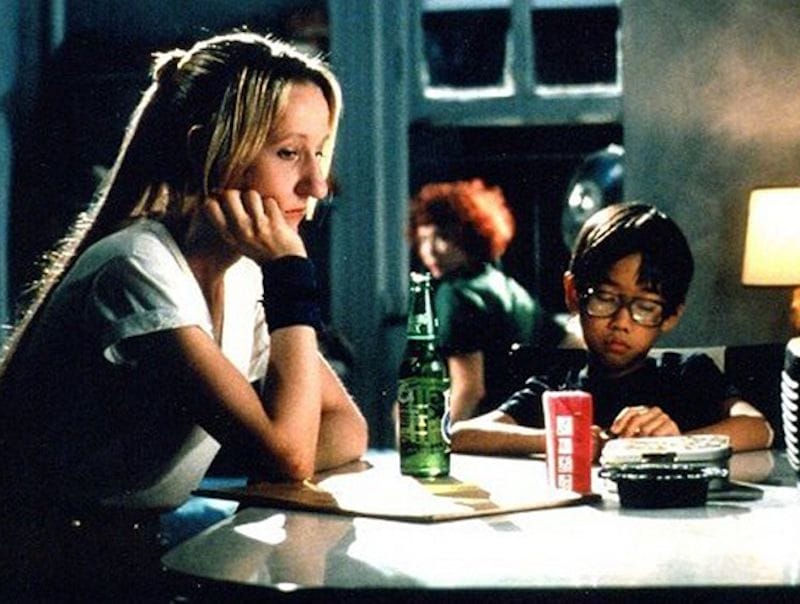
The first time I saw her work was also at Anthology. I didn't know anything about her until grad school, the first time I ever had female film professors. It's a shame because a lot of her films aren't available for streaming.
I found that cinephiles who had seen a lot of films weren't familiar with her work unless they attended a screening in person at Anthology or something. It's harder for people to discover her work because it's not easily accessible. I hope there will be more press and that even from this mini retrospective, people will seek her out more. This is also basically straight from the Anthology series that I saw. I asked her if she wanted to show any films that she did there and I think she picked two of the same. They're ghost films... which, if you know her work, is a definite theme. She creates such a strong, interesting world in her films.
She has a really unique point of view and is unlike anyone else, really. It's hard to describe her work to other people because it's a thing to just experience. The plot doesn't matter so much.
That's a good way to describe it.
Something I think about a lot is how we can raise awareness for veteran indie filmmakers who don't have work available on streaming platforms. What's the solution there? Film festivals obviously help a ton.
Gosh, I don't know. Coming from a filmmaker perspective, it's probably frustrating. I think the solution is people like you and me - press and programmers. Hong Sang-soo [from last year's retrospective] is... I don't think any of his films had played in Memphis before. They're not inaccessible, but also not mainstream. Because we played so many, we sent the message that this was a filmmaker to see. And people came out! I was so excited to introduce his films to new audiences. I hope it will be the same for Sara Driver's films. People like you and me just have to make a lot of noise, make an event out of it.
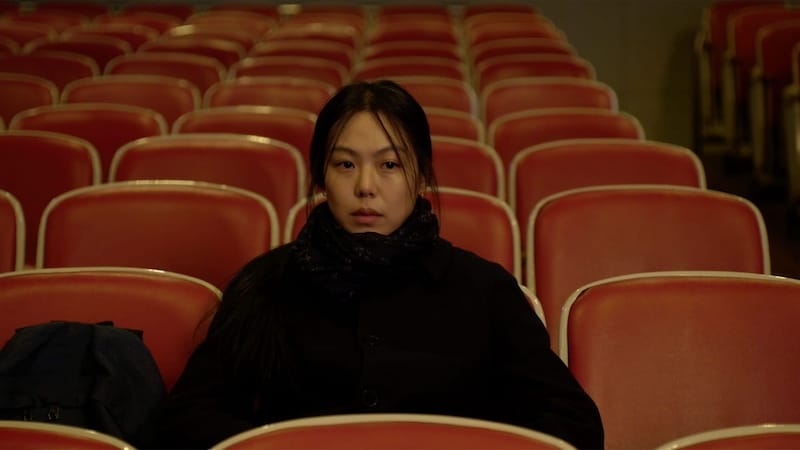
If I were to only play 1 Sara Driver film, I could see it getting lost, but the fact that we're playing 4 that she chose and that she'll be there... It means people will be introduced to her and the fascinating world that she creates. There are so many filmmakers who get talked about all the time, but we need to highlight those that don't.
Yeah, we don't need, like... another Scorsese retrospective. I also like what you said about playing enough films to help new viewers get immersed in the filmmaker's world. It's hard to give viewers an idea of what that creator is about with just 1 film.
I hope we continue to do these retrospectives. For us, these are like our indie heroes... indie royalty. They're people who have done really interesting work and are worth celebrating.
I hope so, too. I've been dying to see "Boom for Real" (2017), Driver's documentary about Basquiat, and now thanks to Indie Memphis, I finally can.
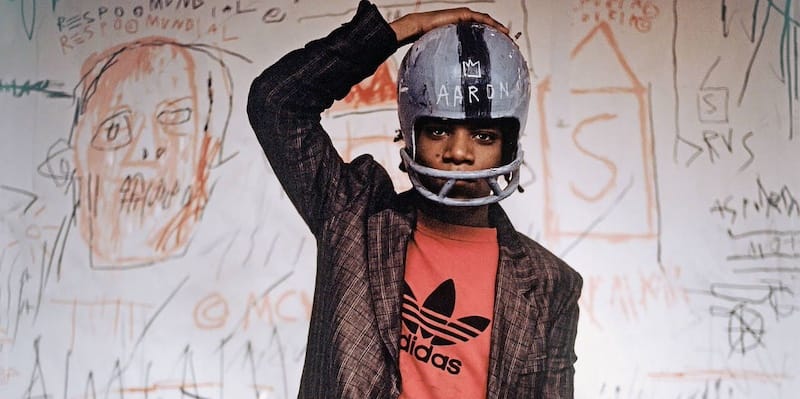
One thing I definitely don't want to forget to ask you about is your "persona swap" talk at TIFF last year. How did that come about? I really enjoyed the way you set up the conversation and discussed the trope through a female lens.
TIFF asked me to do that talk, which I thought was brilliant programming. They were doing a Bergman retrospective and brought me in to talk specifically on "Persona" (1966), based on an article I had written about "persona swap" films. It was nice that they brought in someone who could engage with a master auteur's canonical work both critically and with reverence. I love Bergman and that movie, but I had some criticisms about the way women were portrayed, and the way they were portrayed in later films that were inspired by it.
Not that Bergman falls into this category, but I'm wondering if you have any thoughts on how to treat shitty people who make great films. Some of my favorite films were made by monsters, or at the very least, people who didn't treat women very well. I ask everyone I interview this question and I think they're always like, "ugh," because there clearly are no good answers.
Yeah, I don't think Bergman is a terrible human, but he's probably not a nice person to date. That's a very complicated question that I don't think I can answer right now. I wrote a whole article on my changing attitude toward Woody Allen. Being a woman of color who loves film and loves film history, you naturally learn to both love something and be inspired by it while also being critical. You can't not look at things without that lens. For other people, like white straight men, the style of reviewing becomes very positive or negative... thumbs up or thumbs down. For women, and especially women of color, there can be more complicated relationships to film and film history.
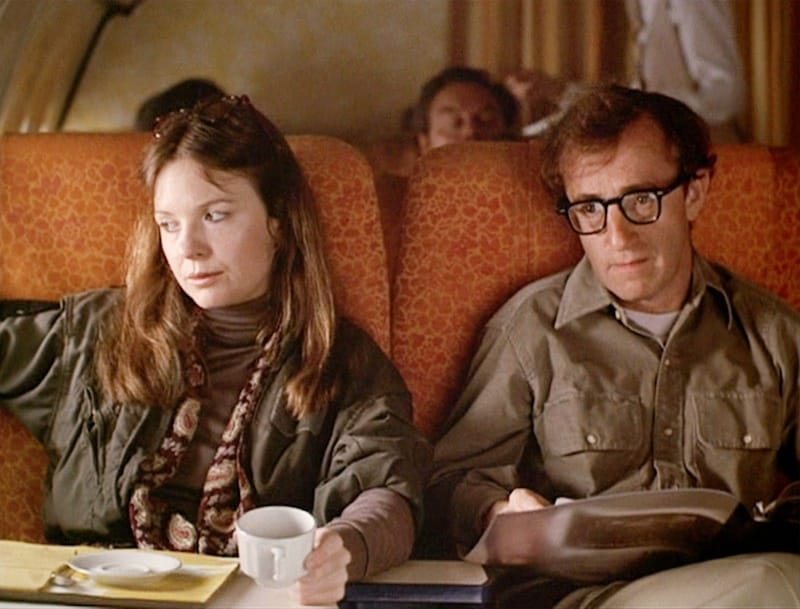
Stella Meghie said something similar! You totally answered the question in the way I wanted you to, and I'm happy you mentioned your essay on Woody Allen. I tried to collect some thoughts on him last year and looking back, my opinion has already evolved far beyond what I initially wrote.
I love talking to other film people. If I could do this all day, I'd be a much happier human. It is so nice to connect with someone who loves the same things as you and to learn about their specific interests and perspective.
Thanks to Miriam, who is doing great things at Indie Memphis and for the film world in general. If you want to keep up with her work, follow her on Twitter.

